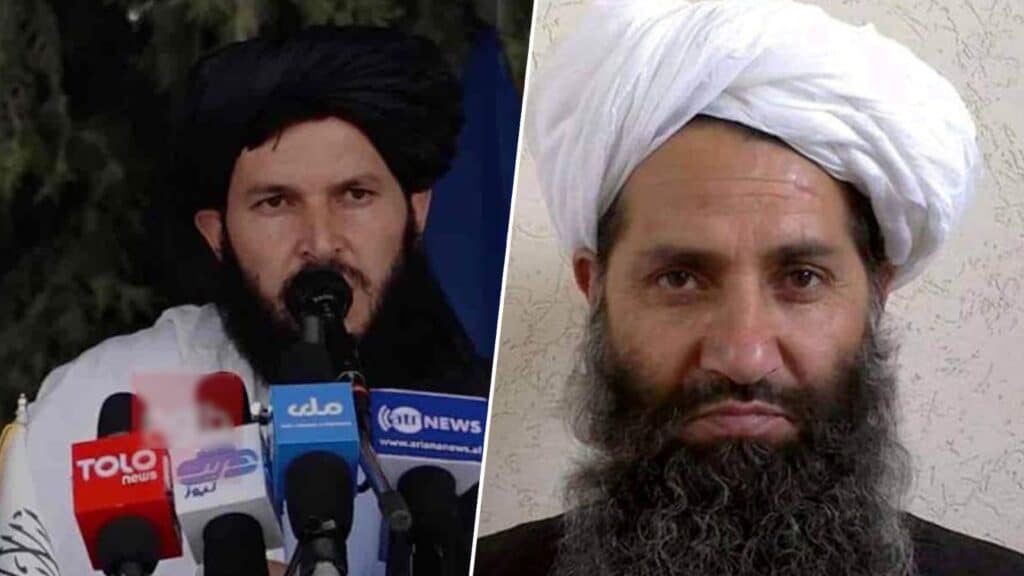In a significant development for regional security, the Afghan Taliban in May 2025 reiterated its official policy prohibiting Afghan fighters from engaging in armed jihad outside Afghanistan. The statement, seen as a diplomatic gesture towards Pakistan, underscores a shifting dynamic in Kabul-Islamabad relations amid rising tensions over cross-border militancy.
The announcement was made by Sheikh Saeed Ullah Saeed, a senior official of the Taliban’s Reform Commission, during a graduation ceremony at a Kabul police training academy. He declared that participation in jihad abroad, including Pakistan, is not religiously obligatory and violates orders from the Taliban leadership.
This stance aligns with earlier declarations by top Taliban officials, including Mullah Mohammad Yaqoob and members of the Ulema Commission, who have repeatedly framed cross-border jihad as “offensive” and thus not binding under current conditions.
Pak-Afghan Tensions and TTP Factor
The statement comes amid renewed high-level engagements between the two countries. Pakistan’s Deputy Prime Minister Ishaq Dar visited Kabul in April 2025, signaling attempts to improve bilateral ties. However, deep-rooted tensions persist, primarily over Tehrik-i-Taliban Pakistan (TTP) attacks.
Pakistan continues to accuse Kabul of harboring TTP fighters operating from Afghan soil. In response to increasing attacks, Pakistan has conducted cross-border strikes targeting alleged militant hideouts, straining relations further.
While the Afghan Taliban insists on neutrality and denies aiding TTP operations, their public silence on TTP’s insurgency complicates the picture. TTP leader Mufti Noor Wali Mehsud recently acknowledged that the group no longer needs Afghan fighters but called for ideological and financial support from Afghan sympathizers.
Religious Debate Sparks Internal Dissent
Sheikh Saeed’s comments sparked backlash from influential religious figures. Mufti Nadeem Darvesh, linked to TTP, challenged the Taliban’s theological basis for banning foreign jihad. Afghan clerics like Sheikh Sultan Mohammad Saqib and Mufti Abdul Sami Ghaznavi, both influential within Taliban circles, also criticized the directive.
Analysis: A Calculated Shift
For Pakistan, the Taliban’s reiterated ban is a cautiously welcomed move, potentially aimed at distancing itself from TTP militancy and avoiding deeper conflict with Islamabad. As the Taliban ( Afghan govt ) seeks international legitimacy and internal consolidation, its stance on foreign jihad—especially regarding Pakistan—marks a notable shift in strategy, though its long-term commitment remains to be tested.





